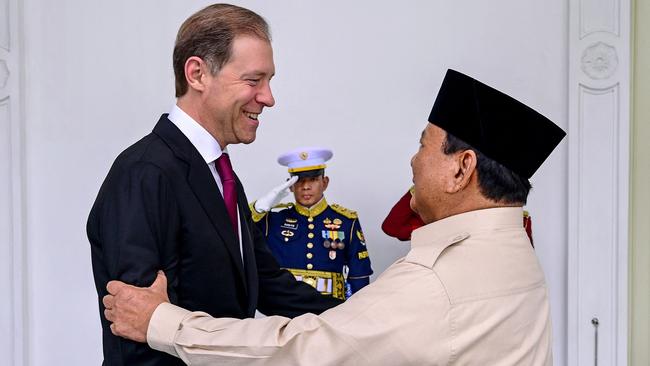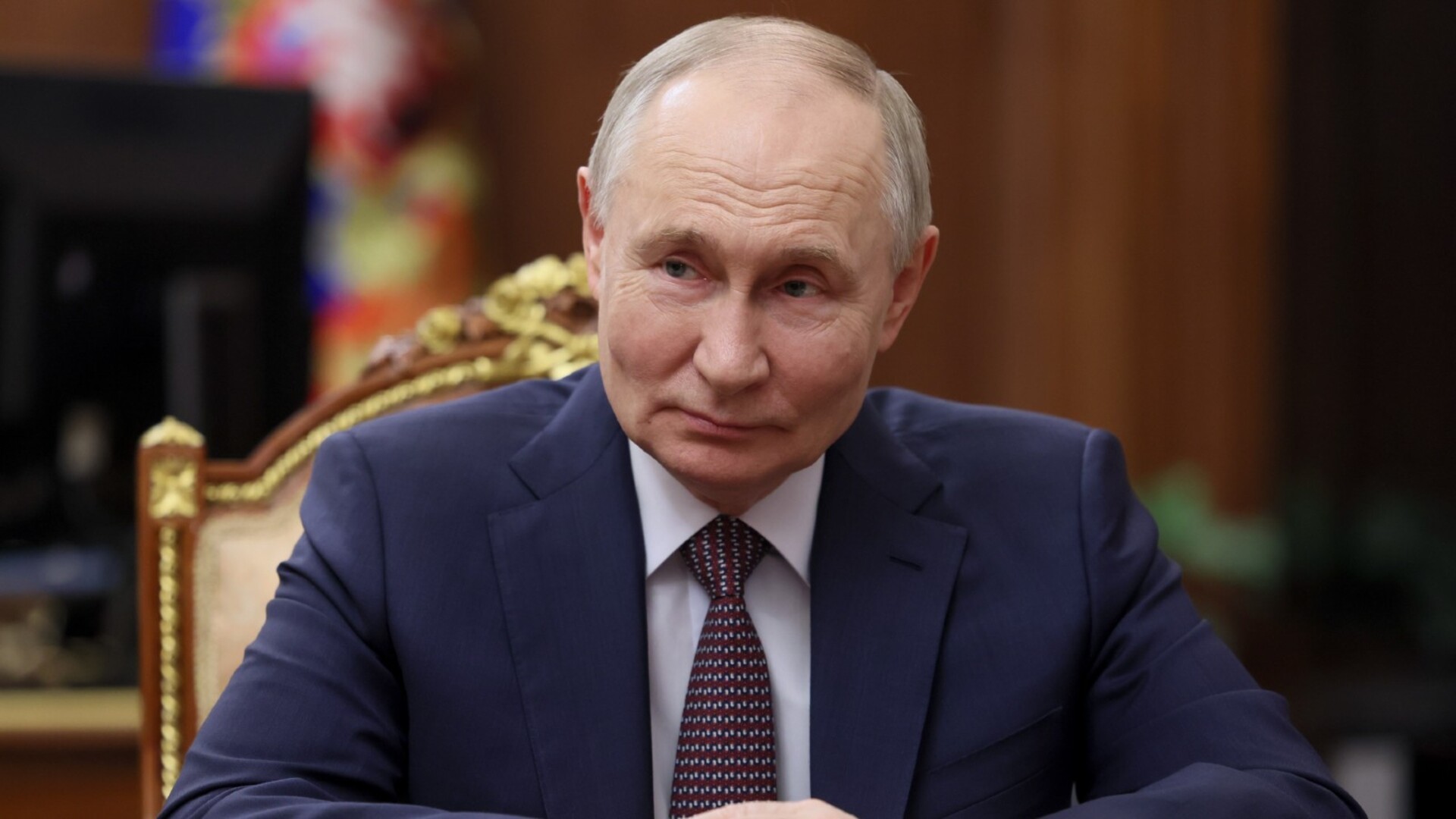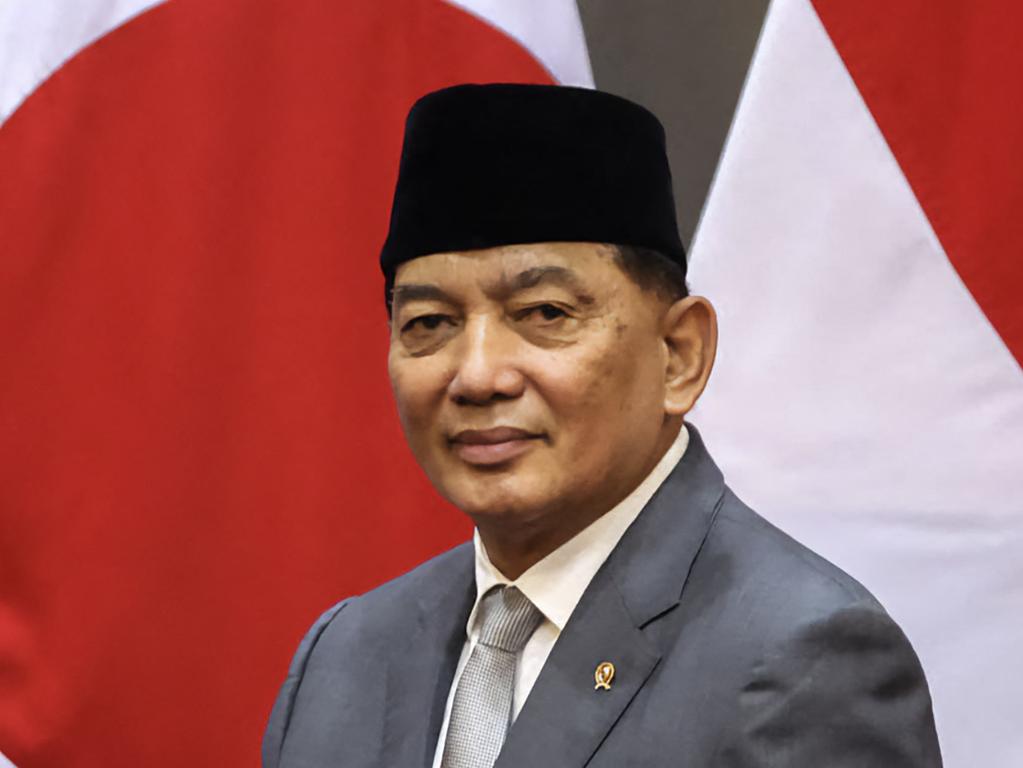
In the first year of a nine-year post in Indonesia, I asked president Joko Widodo if his administration would be prepared to conduct joint patrols in the tense South China Sea with Australia.
In his signature slow drawl, Jokowi (as he was known) responded that he “would be open to that”.
The print was barely dry on that front-page story when Indonesia’s Foreign Ministry went into full battle cry alleging the article was false and that the president had said nothing of the sort – never mind that the ministry had been furnished with a tape and full transcript of the interview unequivocally proving he had.
It was a valuable lesson in the Javanese art of strategic ambiguity – one that perhaps Moscow has yet to learn.
“I suspect it’s a blunder from the very top due to the Javanese style of saying yes, or making an agreement and later ignoring it,” one well-connected defence source said of the furore over Russia’s apparent request for access to Indonesia’s Manuhua base in Southwest Papua.
While in Australia, political leaders are still debating whether Russia actually made the request, in Indonesia the question is more, ‘What might President Prabowo Subianto have said to give them the impression that would even be considered?’.”
The new President operates the tightest of inner circles with scant input from the country’s seasoned and inexperienced senior bureaucrats.

That certainly showed last November when Prabowo met with China’s President Xi Jinping in Beijing and signed a joint statement completely undermining the reddest of Indonesian red lines on the South China Sea by acknowledging the two countries had overlapping claims.
Jakarta has long rejected China’s territorial claim to historical fishing rights in Indonesia’s Natuna waters at the southern edge of the strategic waterway.
Once again, Indonesia’s long-suffering Foreign Ministry was forced into overdrive, issuing a careful statement asserting that the joint leaders’ declaration did not alter the country’s longstanding position on the South China Sea.
Indonesian leaders have long described their nation as a maritime fulcrum power – one strategically positioned between the Indian and Pacific oceans, and which straddles major sea lanes connecting East Asia, South Asia and Oceania.
It knows a thing or two about balancing great powers.
It would be a bold move to bet against the possibility that President Prabowo gave Russian Security Council secretary Sergei Shoigu grounds for optimism during their low-key February meeting in Jakarta that Moscow’s long search for a strategic military base in Southeast Asia had finally borne fruit.
But even this incumbent, chaotic administration has declared a fundamental commitment to non-alignment, a movement born out of a Cold War-era meeting of newly independent Asian and African states held in the West Java city of Bandung.
In every foreign policy speech, Prabowo repeats his mantra that under his presidency Indonesia will be “friend to all, enemy of none”.
Neutrality has served Indonesia well since that 1955 Bandung Declaration.
It is hard to imagine Russia could offer anything sufficiently alluring for it to abandon that now.






